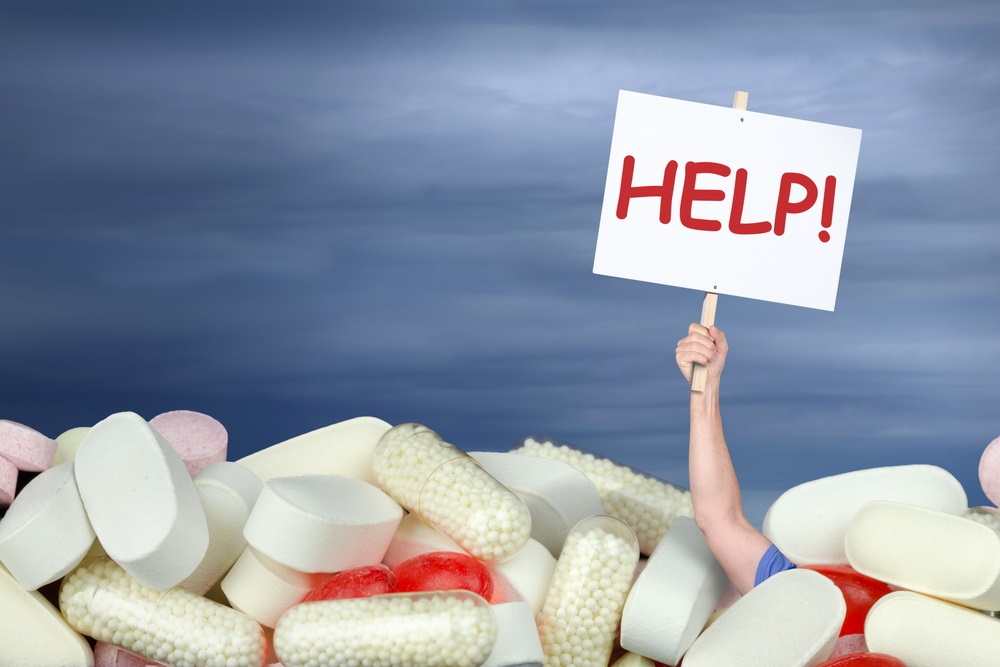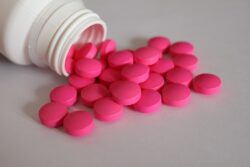What if we are wrong? Such a simple question, but one that seems all but absent in modern medicine. Patients, particularly women, routinely present with chronic, treatment refractory, undiagnosed or misdiagnosed conditions. More often than not, the persistence of the symptoms is disregarded as being somehow caused by the patient herself. If the tests come back negative and the symptoms persist, then it is not the tests that are insensitive or incorrect but the patient. If the medication prescribed does not work or elicits ill-understood side effects, then somehow the patient is at fault. If the patient stops taking the medication because of said side-effects, then they are labeled non-compliant and difficult. The patient is always at fault. It is never the test, the disease model, or the treatment.
What if we are wrong? What if the tests to diagnose a particular condition are based on incorrect or incomplete disease models? What if a medication universally prescribed for a given condition doesn’t work or creates adverse reactions in certain populations of people? What if the side-effects listed are incomplete? Is it so difficult to admit that gold standards evolve or that medical science is fluid? Certainly, if a patient is presenting with a constellation of symptoms that create suffering and those symptoms do not remit with a given medication or medications and/or do not appear on the available diagnostic tests, why is it so difficult to consider that either the medication doesn’t work, the diagnostic was insufficient, or the diagnosis itself was incorrect? Why is it that we assume it must be a mental health issue or somehow the patient is causing the symptoms herself?
Here, one doctor tells how he learned that he was wrong about diabetes and metabolic disorder. He gleaned this not from a book or from his training and not from listening to his patients, but when he, a previously healthy young man, developed a metabolic syndrome that led to obesity and type 2 diabetes. It was by his own personal crisis that he began to question the model of diabetes and its relationship with obesity. Dr. Peter Attia asks:
What if we are wrong?
What if we are wrong, indeed. There are so many areas of medicine where we may be wrong; where we are likely wrong, but where no one is asking the question.
We congratulate Dr. Attia for his discovery, but why does it take a personal crisis for a physician to question the status quo? Why is there such fealty to particular disease classifications or disease models even when there is evidence to the contrary? Is it the nature of modern medicine to lay down guidelines and be done or is it simply human nature to resist the notion that we can be wrong? Maybe a combination of both; I don’t know the answer, but I do know that if one is certain of everything there can be no room for learning or discovery.
On the other hand, if we begin with the notion that humans, and thus, the structures humans create are fallible – that we do not know or understand everything – and if we add to that humility a dose empathy, perhaps then we can begin healing patients rather than managing them.
We Need Your Help
More people than ever are reading Hormones Matter, a testament to the need for independent voices in health and medicine. We are not funded and accept limited advertising. Unlike many health sites, we don’t force you to purchase a subscription. We believe health information should be open to all. If you read Hormones Matter, like it, please help support it. Contribute now.
Yes, I would like to support Hormones Matter.
Image by Carlos Lincoln from Pixabay.
This post was published originally on Hormones Matter in July 2013.


















